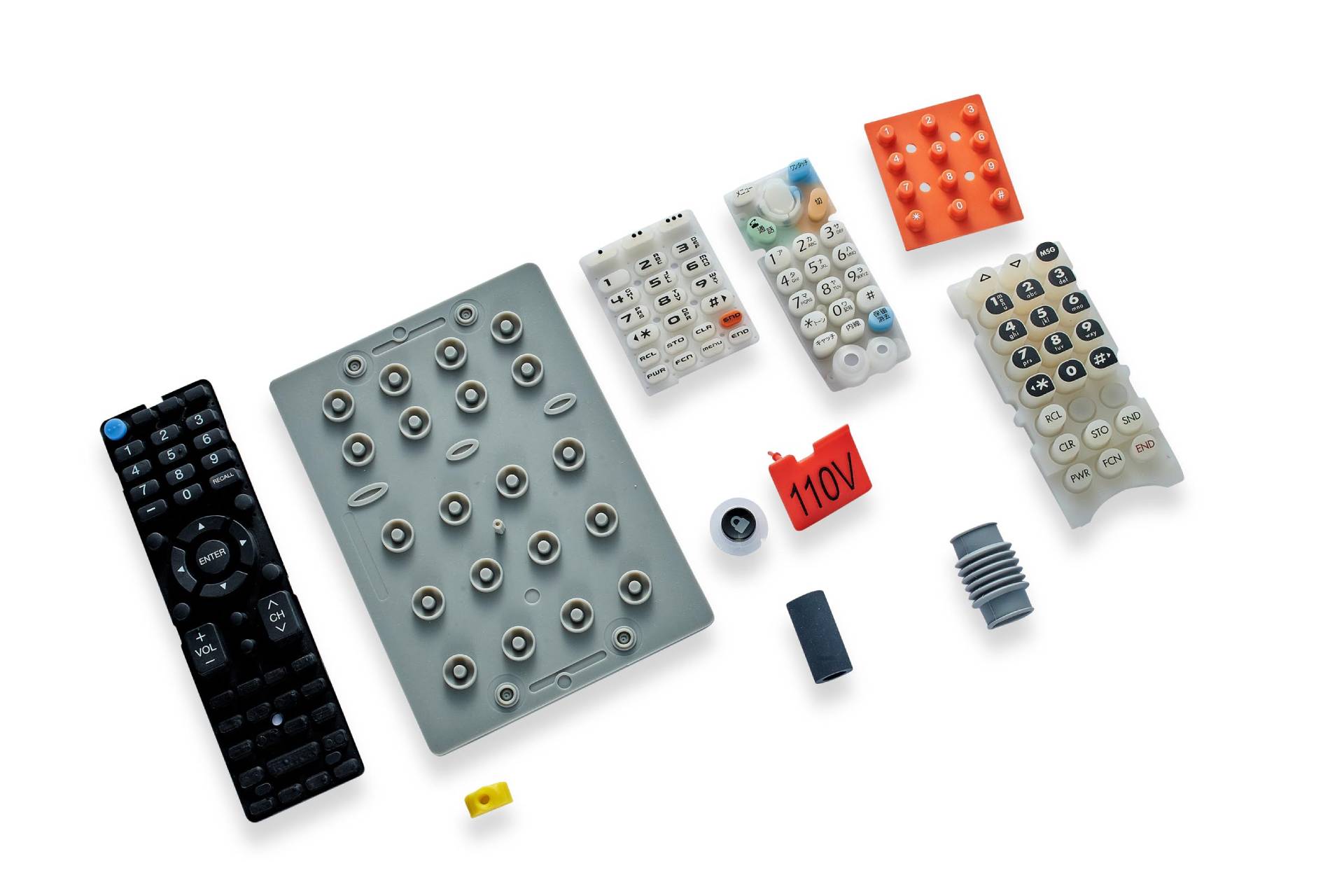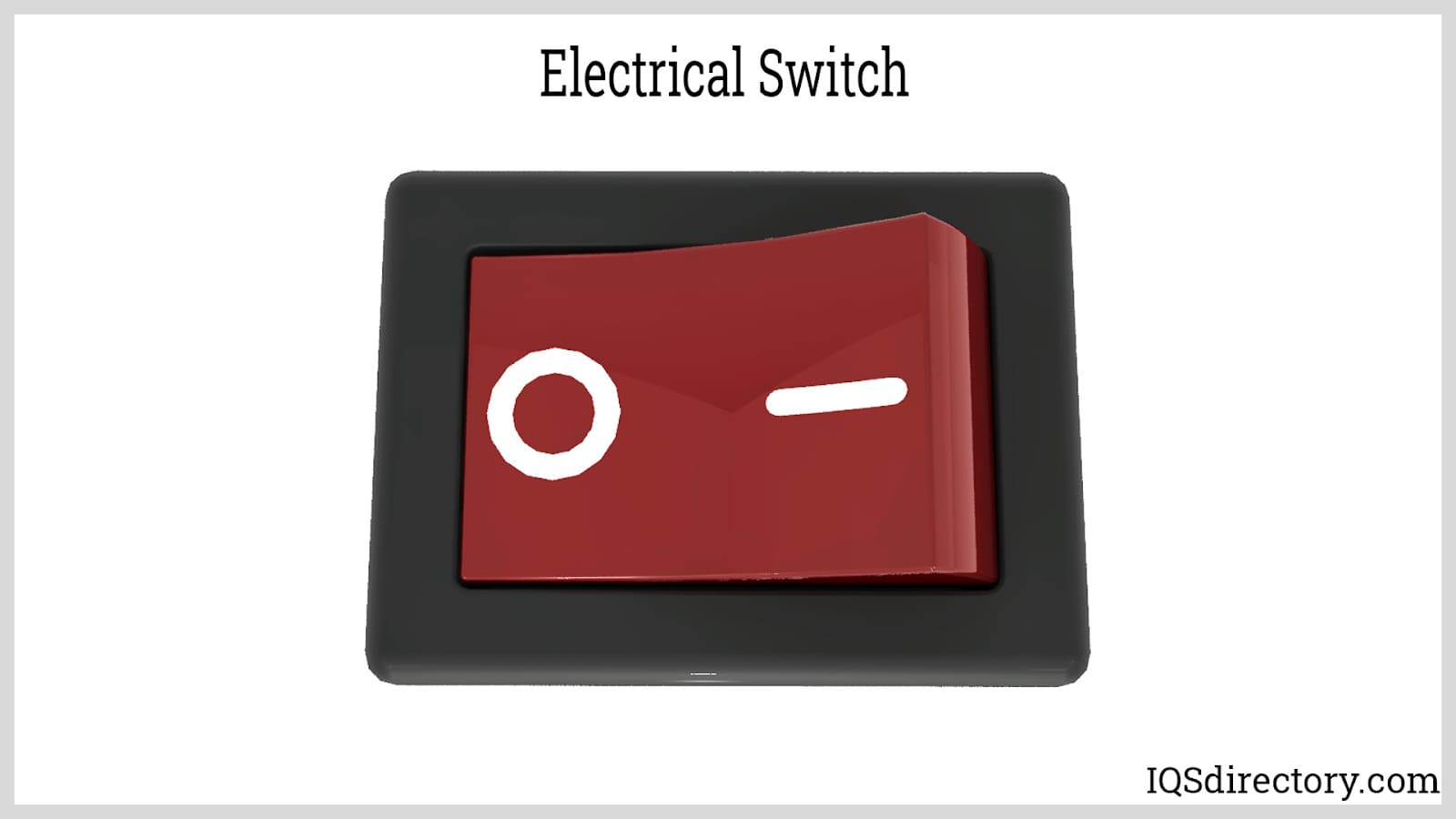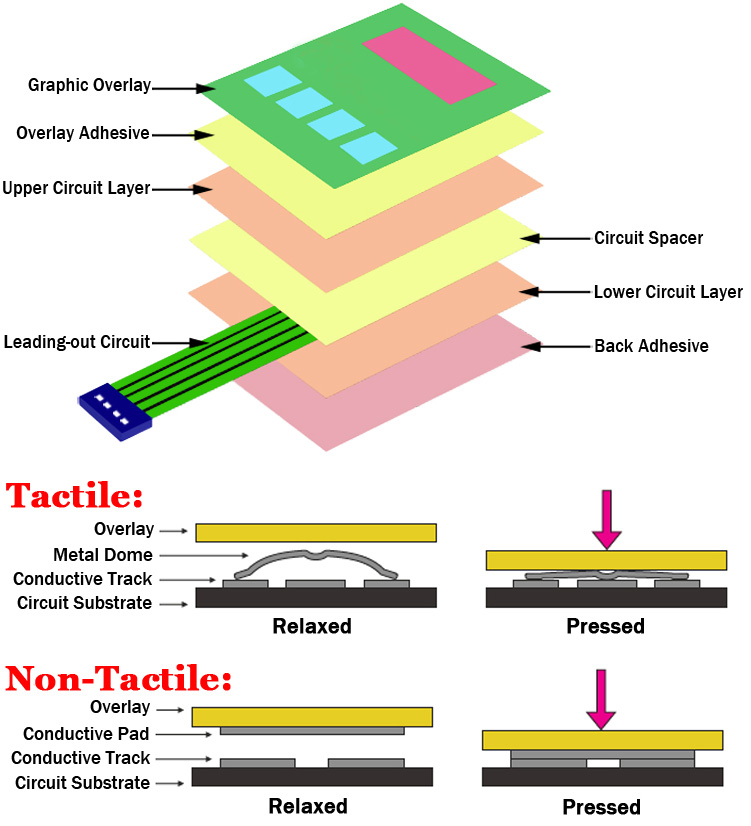How to choose the right membrane switch for your sector
Wiki Article
Recognizing the Importance of Membrane Layer Switch Over in Modern Electronic Devices
Membrane switches are indispensable elements in modern digital tools. They provide a blend of performance and layout that boosts customer interaction. Their resilient and lightweight nature makes them ideal for numerous applications. As markets evolve, the need for modification and advanced functions grows. Comprehending just how membrane layer switches add to advancement exposes their value fit the future of electronics. What lies ahead for this innovation?The Essentials of Membrane Layer Switch Innovation
Frequently neglected, membrane layer button technology plays a vital function in the modern electronic devices landscape. These tools, composed of numerous layers, work as customer interfaces for different digital products, varying from household home appliances to medical tools. A typical membrane button contains a visuals overlay, a spacer layer, and a circuit layer, which are diligently put together to develop a functional interface.When pressure is applied to the overlay, the circuit layer is completed, enabling signals to be sent to the gadget. This innovation is recognized for its convenience, enabling modification in shape, design, and capability to satisfy certain individual needs. Additionally, membrane buttons are slim and light-weight, making them appropriate for applications where area is a premium. Their durability and resistance to environmental factors further boost their allure, guaranteeing they can withstand harsh problems while maintaining functionality. Generally, membrane switch innovation is integral to creating reliable and user-friendly digital devices
Trick Advantages of Membrane Layer Changes
Membrane switches deal a number of crucial advantages that make them a preferred choice in numerous electronic applications. Their style permits a small type variable, making it possible for suppliers to produce streamlined and lightweight gadgets. Furthermore, membrane buttons are resistant to dirt, moisture, and chemicals, which enhances their toughness and long life sought after settings. The tactile feedback offered by these switches can enhance user experience, making them instinctive and easy to operate.Furthermore, membrane layer switches can be customized with varied graphics and shades, enabling distinct branding chances. The manufacturing procedure is typically economical, especially for high-volume production, as it minimizes assembly time and simplifies design. Finally, membrane switches need marginal upkeep, adding to reduced general functional costs. These advantages emphasize their growing popularity in modern-day electronic devices, where integrity and straightforward user interfaces are vital.
Applications Throughout Different Industries
The adaptability of membrane switches over allows their prevalent fostering across different industries. In the clinical field, they are generally used in diagnostic tools and person tracking systems, offering a resilient interface immune to contaminants. The automobile market makes use of membrane layer buttons for control panel controls, enhancing individual experience with sleek layouts that endure severe problems. In consumer electronics, they function as control board for devices such as microwaves and coffee machine, offering a straightforward user interface that is very easy to clean. The aerospace market employs membrane switches in cockpit controls, where dependability and area effectiveness are vital. In addition, the industrial market leverages these switches in equipment and control systems to ensure durable operation sought after environments. This wide array of applications emphasizes the flexibility of membrane layer buttons, making them important elements in improving capability and customer communication throughout varied technical landscapes.Customization and Layout Adaptability

Future Patterns in Membrane Layer Change Advancement
Arising patterns in membrane layer switch development indicate an expanding emphasis on enhanced capability and assimilation with wise innovations. As this hyperlink consumer need for much more sophisticated digital gadgets boosts, manufacturers are focusing on developing membrane switches that not just offer fundamental operational duties yet also integrate attributes like touch sensitivity, backlighting, and haptic feedback.Furthermore, advancements in products are expected to improve longevity and environmental resistance, making membrane changes suitable for diverse applications in industries such as health care, vehicle, and consumer electronics. The combination of capacitive touch technology is likely to come to be a lot more prevalent, enabling sleeker styles and improved user interfaces. membrane switch.Additionally, the increase of the Net of Points (IoT) is triggering the growth of membrane switches over that can communicate wirelessly with various other devices, improving interconnectivity. On the whole, the future of membrane switch innovation appears promising, driven by technology and the pursuit of user-friendly optionsRegularly Asked Questions
Just How Do Membrane Layer Changes Compare to Standard Mechanical Switches?
Membrane switches, being more space-efficient and supplying a streamlined style, contrast with typical mechanical switches that provide tactile comments. The previous commonly feature personalized graphics, while the latter typically assure durability and reliability in different applications.What Products Are Generally Made Use Of in Membrane Change Production?
Membrane layer buttons are usually produced making use of products such as polyester, polycarbonate, and printed conductive inks. These materials give responsiveness, resilience, and versatility, making them ideal for different applications in electronic gadgets and interface.Can Membrane Layer Switches Over Be Fixed or Recycled?
Membrane buttons can usually be repaired, specifically if minor issues occur, such as sticky failing or surface damages. Complete reuse is commonly limited due to use and prospective degradation of materials over time.
How Do Environmental Variables Influence Membrane Layer Switch Over Performance?
Environmental elements, such as temperature, exposure, and moisture to chemicals, substantially affect membrane switch efficiency. Extreme conditions can bring about destruction, impacting responsiveness and long life, inevitably jeopardizing the performance of the gadget in different applications.What Is the Normal Life Expectancy of a Membrane Switch?
The regular lifespan of a membrane layer button usually varies from 1 to 5 million actuations, depending on aspects such as usage regularity, ecological conditions, and the materials made use of in production, impacting sturdiness and efficiency longevity. A typical membrane button consists of a graphic my sources overlay, a spacer layer, and a circuit layer, which are thoroughly assembled to produce a practical interface - membrane switch.When stress is used to the overlay, the circuit layer is finished, enabling signals to be transferred to the gadget. The tactile responses given by these switches can improve user experience, making them very easy and intuitive to operate.Furthermore, membrane layer buttons can be tailored with varied graphics and shades, allowing for special branding possibilities. As consumer need for a lot more advanced digital devices rises, manufacturers are focusing on creating membrane switches over that not just offer basic operational duties however additionally integrate attributes like touch sensitivity, backlighting, and haptic feedback.Furthermore, innovations in materials are expected to improve resilience and ecological resistance, making membrane switches ideal for varied applications in sectors such as health care, automotive, and consumer electronic devices. The assimilation of capacitive touch innovation is likely to end up being extra widespread, permitting for sleeker styles and improved individual interfaces.Additionally, the surge of the Net of Points (IoT) is motivating the development of membrane switches over that can interact wirelessly with other tools, enhancing interconnectivity. Membrane switches, being extra space-efficient and providing a sleek design, contrast with standard mechanical right here buttons that give responsive commentsReport this wiki page